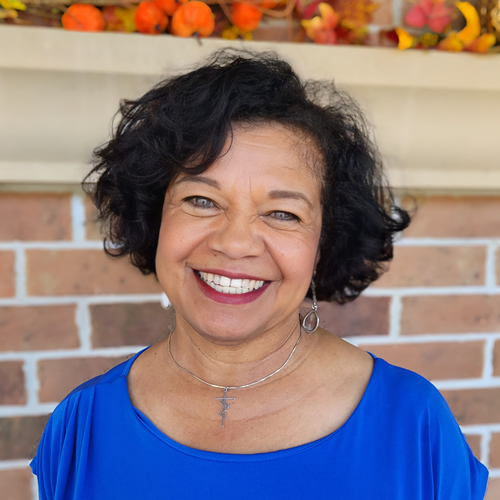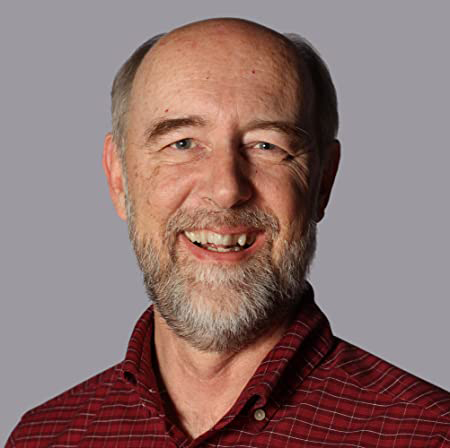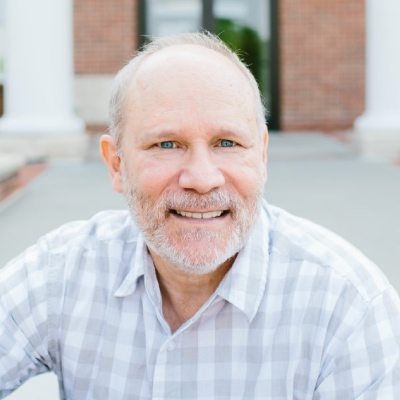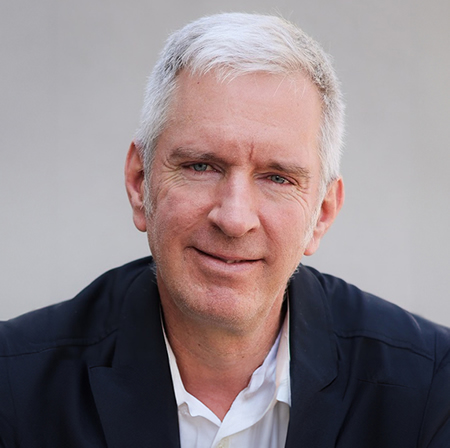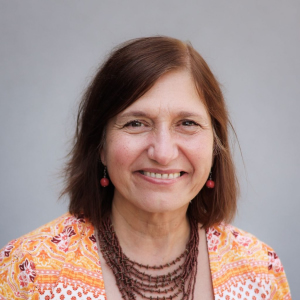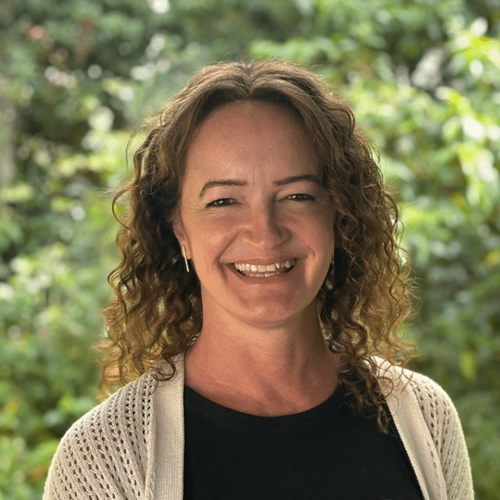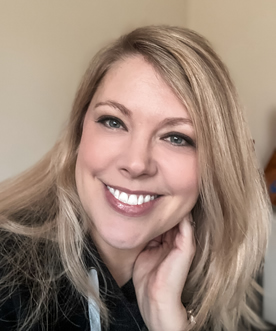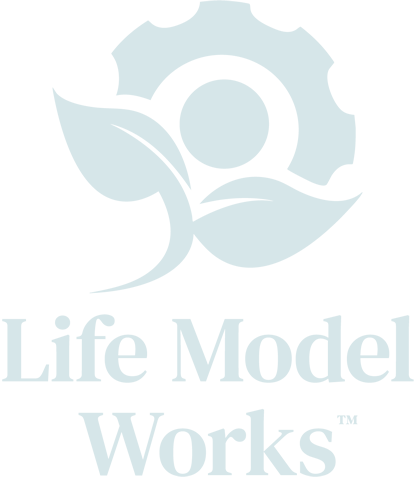
Who We Are
Life Model Works is a nonprofit 501(c) 3 organization dedicated to developing and sharing the Life Model. Using brain science and biblical principles, our organization addresses solutions for trauma and how to strengthen relationships. Life Model Works leads the way in blending relational growth and spiritual wholeness into church discussions on topics like women in ministry, race, narcissism, and what it means to be a mature elder. We provide training, resources, and support to help churches and groups grow in joy, maturity, and transformation.

The Life Model
Developed using the research of Allan Schore, biblical scholars, and clinicians in the 1990’s, the Life Model is a way to understand how God designed people to emotionally and spiritually mature throughout life. It’s based on tested ideas that help people connect and thrive. The Life Model is made up of three principles: Relational Brain Skills, Immanuel Lifestyle, and Multigenerational Community. Each principle reflects our relationship-based approach that is essential for effective discipleship.
Also at the center of these three Life Model values is the importance of joy. The Life Model defines joy as “I’m glad to be with you”. We believe God demonstrates this kind of joy in His relationship with us – no matter the ups and downs of life. Joy also comes from human relationships that help reinforce this concept. Joy produces strong bonds and loving relationships. The absence of joy leaves people motivated by fear and overall less satisfied with life. The Life Model offers a path toward wholeness so people can live securely and joyfully attached to God and people.
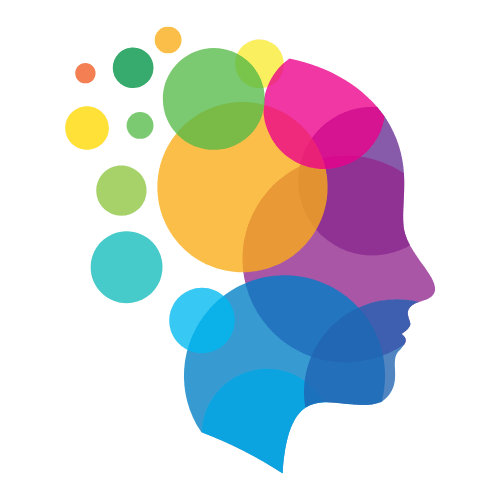
Relational Brain Skills
Relational brain skills connect who we are, how we relate to others, and how we handle emotions. The way we act and interact with others to manage, share, and calm our feelings shapes how our relationships work. People with strong relational skills bring more joy and peace to those around them, while those without these skills often add stress and make problems seem bigger.
The Life Model teaches nineteen relational brain skills that help shape our identities. These skills work in a part of the brain that is faster than our conscious thoughts, so we can’t use willpower or planning to carry them out. They also can’t be learned from books, videos, or online tools. Relational skills can only be learned face-to-face with someone who already has them. Even then, they only transfer when there’s a joyful connection between the two people.
Immanuel Lifestyle
Immanuel Lifestyle
Multigenerational Community
In the Life Model, a multigenerational community means people of different ages and maturity levels coming together to support and grow each other in a safe and loving environment. True, lasting joy happens when at least three generations interact in joyful ways. This includes having people to learn from, peers who can offer mutual encouragement, as well as people to guide, all of whom help shape your identity to reflect the joyful and loving character of Christ instead of fear. In a joyful community, everyone works together to focus on what is good, lovely, praiseworthy, and true, especially for those who are struggling.
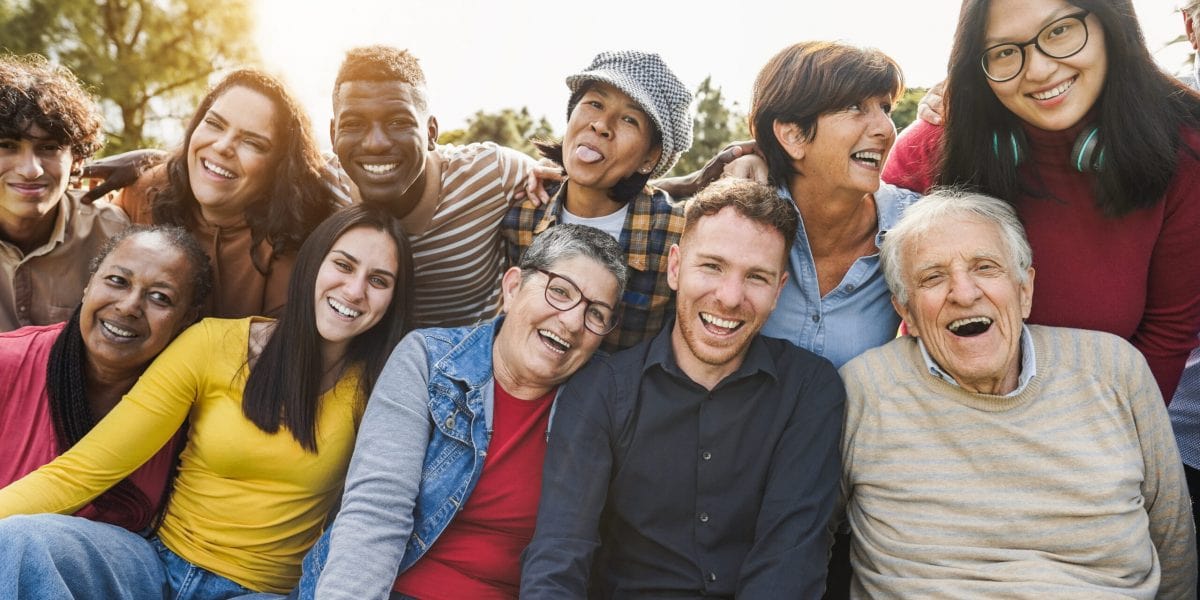

Multigenerational Community
In the Life Model, a multigenerational community means people of different ages and maturity levels coming together to support and grow each other in a safe and loving environment. True, lasting joy happens when at least three generations interact in joyful ways. This includes having people to learn from, peers who can offer mutual encouragement, as well as people to guide, all of whom help shape your identity to reflect the joyful and loving character of Christ instead of fear. In a joyful community, everyone works together to focus on what is good, lovely, praiseworthy, and true, especially for those who are struggling.

